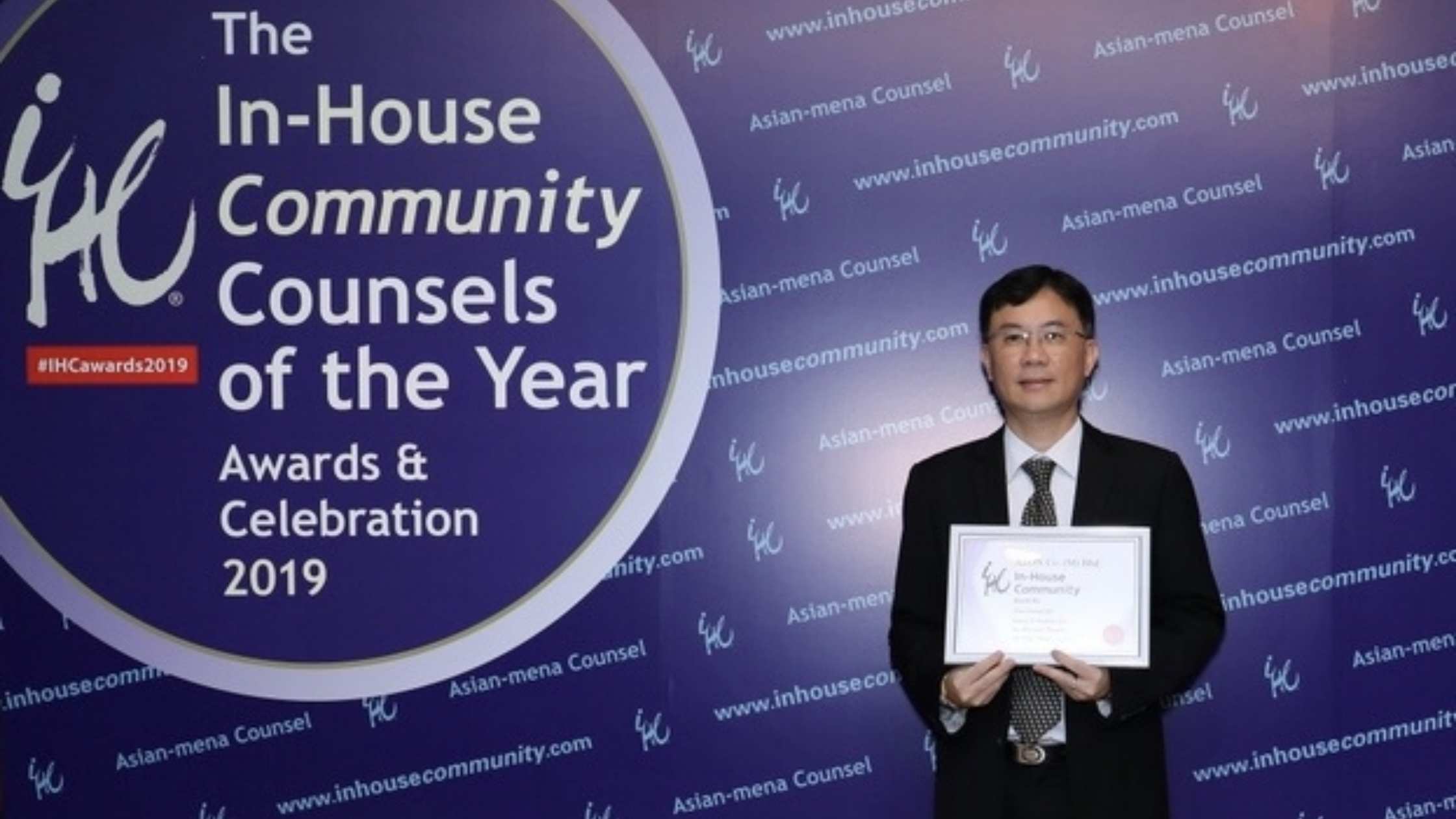 After the withdrawal of two controversial clauses relating to the national flag and vandalism, the amendments made to the Malaysian Penal Code finally took effect from 31 December 2014. The notable changes are discussed below. Serious v Non-serious Sections 52A and 52B have been introduced to interpret and differentiate between a ‘non-serious offence’ and a ‘serious offence’. A ‘non-serious offence’ denotes one that is punishable with imprisonment for a term of not more than 10 years, while a ‘serious offence’ denotes an offence punishable with imprisonment for a term of 10 years or more. Grevious hurt An amendment is made to section 320(h) to reduce the threshold of the number of days that a person in severe bodily pain is considered to be ‘grievously hurt’, from 20 to 10. Repeat Offenders Section 75A introduces enhanced penalties for repeat offenders. Under this new section, mandatory imprisonment sentences may be imposed on persons convicted of multiple serious offences. Organised crimes In an effort to deal with organised crimes, six new provisions imposing heavier punishment have been introduced. The organised crimes include the acts of harbouring a member of an organised criminal group (section 130X), consorting with an organised criminal group (section 130Y), recruiting persons to be members of an organised criminal group (section 130Z), participating in an organised criminal group (section 130ZA) and accepting gratification to facilitate or enable organised criminal activity (section 130ZB). Penalties are also enhanced for the commission of offences by members of organised criminal groups (section 130ZC). Secrecy clause The introduction of a secrecy clause (section 203A) prohibits government officers from revealing to the public, any information obtained in the course of duty. It is to stop “leakage of information that jeopardises the country’s defence.” This particular clause was strongly opposed by the opposition, claiming that it goes against the efforts to promote Malaysia as a corruption-free government. Besides restricting the freedom of information, critics also claim that there are already sufficient laws in place to protect government secrets, such as the Official Secrets Act 1972 and the Financial Services Act 2013. Domestic violence New section 326A essentially provides that anyone who causes hurt to his spouse during a marriage shall receive hefty imprisonment sentences. Additionally, section 352A provides that anyone who assaults or exerts criminal force on his spouse during a marriage may be sentenced up to six months imprisonment, fined up to MYR2,000, or both. Gang rape Prior to the amendments, the act of rape was distinguished from the act of facilitating rape, with separate charges preferred respectively. The newly incorporated section 375B now provides that where a woman is raped by one or more in a group of persons acting in furtherance of their common intention, each of the persons involved in the act of raping shall be deemed to have committed gang rape, with the imposition of a punishment between 10 and 30 years’ imprisonment. Rape Additional circumstances are also included for the offence of rape under section 376 of the Penal Code. The circumstances include the result of a woman who becomes insane (section 376 (2)(h)), or commits suicide (section 376(2)(j)) by reason of the rape; the transmission of HIV, AIDS or other sexually transmissible diseases or virus as a result of the rape (section 376(2)(i)); and instances of knowledge of the mental disability, emotional disorder or physical handicap of the woman at the time of rape (section 376(2)(k)). Under the amendments, the minimum term of imprisonment for a person convicted of rape has also been increased from five years to 10. Conclusion The changes implemented into the newly amended Penal Code were made in view of national security and to safeguard public interest. As the law is deemed to be progressive in nature, such changes will be improved upon, with time, to afford better protection to victims of crime. |
ZUL RAFIQUE & partners
D3-3-8 Solaris Dutamas, No 1 Jalan Dutamas 1
50480 Kuala Lumpur, Malaysia
Tel: (60) 3 6209 8228
Fax: (60) 3 6209 8221
Email: mariette.peters@zulrafique.com.my
amylia.soraya@zulrafique.com.my
Website: www.zulrafique.com.my














 Zul Rafique & Partners
Zul Rafique & Partners Dato’ Zulkifly Rafique
Dato’ Zulkifly Rafique







